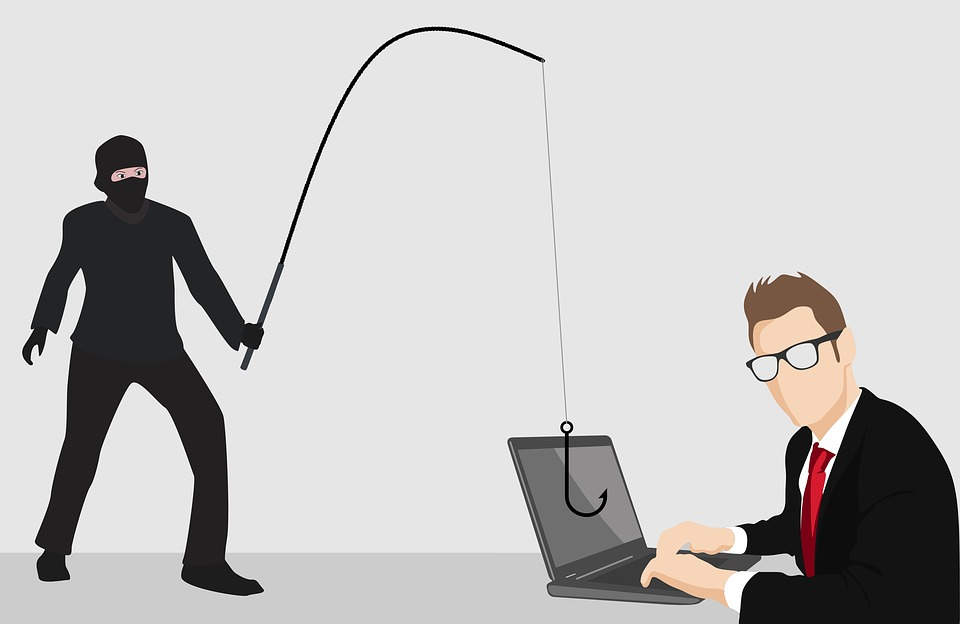Business owners are always at risk of so many different scams. Criminals are always coming up with new ways to get their hands on your money and if you fall victim to any of these scams, it could put your business in a very difficult position. Knowing what those scams are is the best way to protect yourself. These are some of the most common scams that you should be aware of right now.
Phishing Emails
A phishing scam refers to any attempt to get hold of sensitive information like passwords or bank details via some form of electronic communication. It’s called a phishing scam because criminals cast out a line and see whether anybody bites. The most common phishing scams are probably ones you’ve heard of from the early days of the internet. The Nigerian prince scam was a common one or fake emails claiming you’ve won a prize and you need to enter your bank details to claim it. Most people know that those are fake by now and they won’t fall for it. But there are plenty of more complex phishing scams that are a lot harder to spot. Often, instead of asking directly for the information, phishing scams will try to get you to click on a link which then allows them access to your computers so they can take the information that they want. As a general rule, you should never click on a link from somebody that you don’t know and if you’re unsure, always get IT to check it out before you take further action.
Fake emails from the IRS are a very common one. They’ll often tell you that you’re missing a tax refund and they need your details to pay it or you need to click on a link to fill out some paperwork. The IRS never contact anybody by email for these sorts of inquiries so, no matter how official the emails look, you can be sure that it’s a scam.
Identity Theft
If people are trying to get you to share sensitive information with you, they may steal the identity of one of your customers and then pose as them in order to find out personal details. That’s why it’s essential that you have a know your customer system in place to verify that you’re definitely talking to the right person. If you want quicker solutions for KYC and AML processes you should use a document verification service and facial recognition software to confirm the identity of any customers before you disclose any details about them or their accounts. Most companies just use some basic security questions like address and date of birth but it’s easy for professional criminals to find out those details.
Business Registration Scam
Every business needs to be registered and that gives scammers a good opportunity to try to get some money out of you. Often, after you’ve registered your business for the first time or moved into a new state and registered it again there, you’ll start getting letters in the mail. They’ll tell you that you need to pay extra charges for certain things and they usually have some warnings about hefty fines if you don’t comply. Don’t take the bait and check any request for money very carefully. If you’re not sure, get in touch with the local authorities and ask them about it. If it comes from them then they’ll confirm it but 9 times out of 10, they’ll tell you that they don’t have a clue what you’re talking about and you should ignore any demands for payment.
Trademark Scams
Trademarks exist so you can protect things like the company name or logo and nobody else can use them to promote their own business. It’s a good system that stops people from essentially poaching customers from another business by piggybacking on their success. Unfortunately, scammers will try to use trademark law to pump money out of you. You may receive a cease and desist letter claiming to be from another company that already has a trademark on your name. They’ll threaten to take you to court unless of course, you pay them a settlement to make the whole thing go away. When you first decide on a name, you should be checking whether anybody else has trademarked it already so, hopefully, you should already know whether this is a scam or not. But if you didn’t take the time to check whether the name was available or not and you get one of these letters, don’t take action yet. Search the trademark database to see if their claim is legitimate or not.
Now that you know how people may try to scam you, you can take steps to protect yourself.









